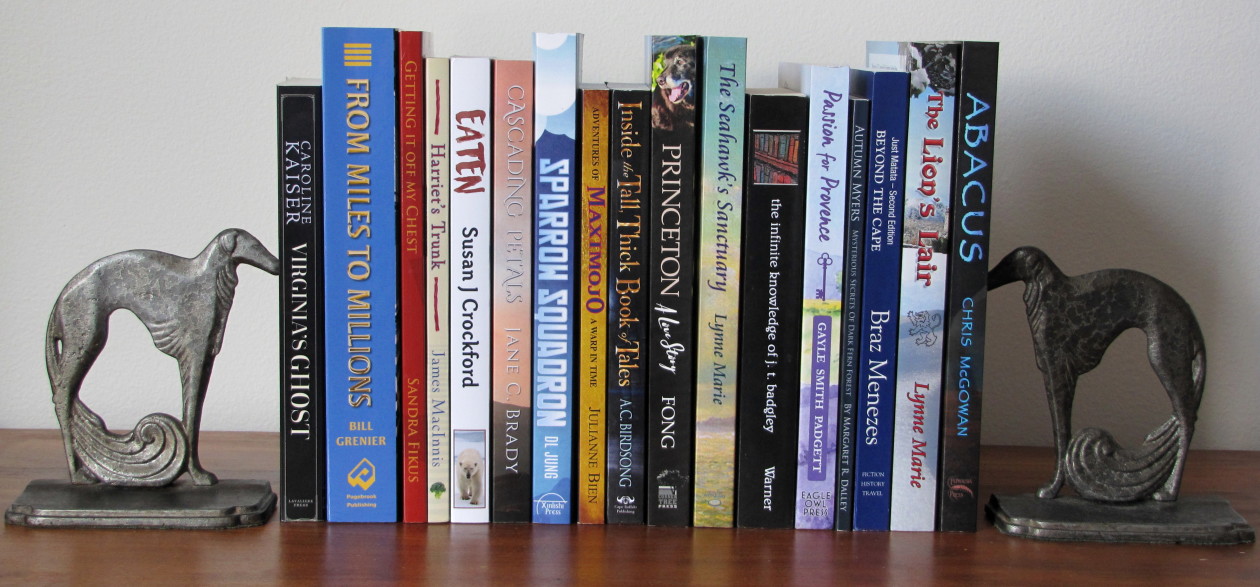I consider myself primarily an editor, but every once in a while, I cross over to the other side of the great divide and write. It’s seemingly for pleasure, if you can call fussing over your own words instead of someone else’s pleasurable. Mostly, I write blog posts, but I also write fiction. Part of the reason you haven’t seen a blog post from me over the last couple of weeks is that I have been absorbed in writing a short story for a contest. It has been a sort of exquisite agony for me.
Writing fiction when I’m much more accustomed to editing it is good for me because it deepens my appreciation of what my clients go through when they’re developing their plots, characters, and settings. I’ve always been in awe of those who seriously undertake the daunting process of creating fictional worlds, and when I struggle to create my own, it reinforces my respect for the process and reminds me to tread lightly and tactfully upon the manuscripts that writers submit to me for editing.
But of course, I don’t just write fiction because it’s good for me. Certain themes spark my imagination. When I discovered that there was a short story competition dedicated to dog-themed fiction, I knew I had to enter it. I puzzled over the challenge of creating my canine protagonist, who could express his thoughts and emotions only through body language, behaviour, and vocalizations (but as stated in the contest rules, he was not allowed to speak). I struggled over how to make the dog the engine that drives the plot and how to make him upstage his human companions and take the spotlight. I agonized over how to make my furry main character show the same depth of character and emotion that any human protagonist should have.
My inspiration for the character came, not surprisingly, from my own dog. I began observing Trinka’s body language and behaviours and thinking about them in relation to what she was trying to communicate. She’s an amazingly vocal dog who apparently wants to have conversations with me–if only she could figure out how to speak English. After this period of careful observation, my plot seemed to come effortlessly to me one night, a genuine bolt from the blue. But getting everything down on the page was, of course, another story.
I fussed and I fiddled for days; you know how it goes. I had the whole thing packaged up and ready to mail today when it occurred to me that I’d forgotten a small but crucial detail. So I opened the envelope, only to find that I was also missing an important word, right there in the first paragraph. Even though I had probably read the story fifteen times before, I sat down and read it out loud, determined to catch any other niggling little errors that remained.
The tweaking could have gone on forever, but it was time to put a stop to it. I was well and truly done and, I admit, rather pleased with my work. When I finally sealed the envelope for good, I experienced a rush–or rather, a fantastic big whoosh–of elation that made the thought of all that fussing and fiddling fade away into nothing.


 Follow
Follow